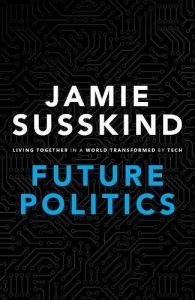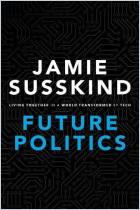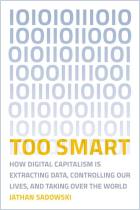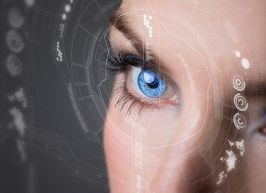Join getAbstract to access the summary!

Join getAbstract to access the summary!
Jamie Susskind
Future Politics
Living Together in a World Transformed by Tech
Oxford UP, 2018
What's inside?
As digital change accelerates, the consequences for society will be profound.
Recommendation
The age of Big Brother is no longer the stuff of science fiction. With humanity increasingly tethered to digital devices, nearly every activity, no matter how mundane, serves increasingly as fodder for big data. In this study of how the march of technology will continue to transform society and politics, Jamie Susskind sounds the alarm, but he also points out that the digital future need not be as dystopian as George Orwell envisioned. For instance, though Susskind predicts an age of mass unemployment as robots replace human workers, he is surprisingly sanguine. Automation-led efficiencies will create enough prosperity for governments to expand social safety nets, he argues. Still, Susskind asserts, precautions are needed if democracies and their citizens are to remain free. At times, Susskind seems to get lost in theoretical issues, such as how self-driving cars will impinge on the free will to speed. Even so, it’s an eye-opening tome. getAbstract recommends this engaging study to readers interested in the interplay between technological developments and societal shifts.
Summary
About the Author
Jamie Susskind is an author, speaker, and practicing barrister. He is a past Fellow of Harvard University’s Berkman Center for Internet and Society.




















Comment on this summary